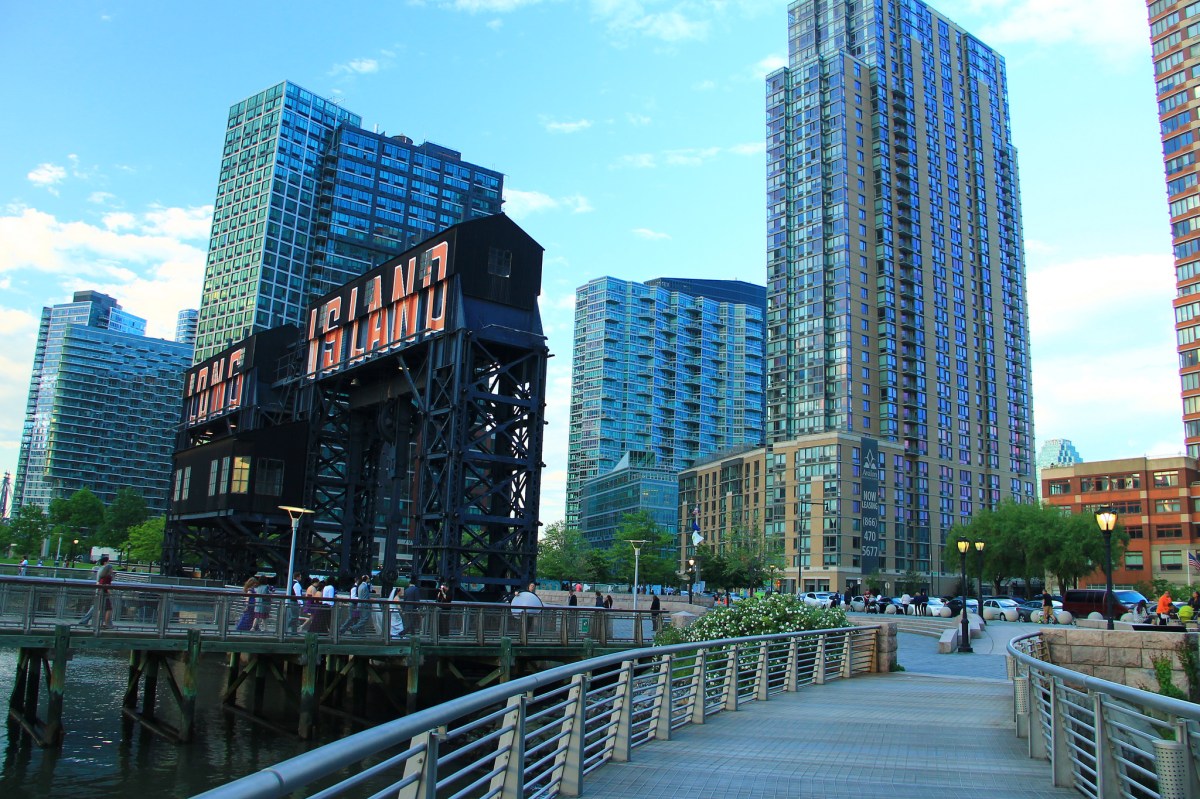The Long Island City Partnership was awarded $100,000 by the state to create a comprehensive business plan outlining how to make the neighborhood viable for life sciences companies.
Through the 2017 Regional Economic Development Council Awards, the state provided grants to organizations in all 10 regional councils.
In December 2016, Mayor Bill de Blasio announced his intentions to create a life sciences campus through an initiative called LifeSci NYC. The campus would focus on “cutting-edge cures, novel technologies” and building new companies. There has been a 16 percent growth in the biotechnology sector since 2009, which has convinced the city to invest in new jobs in that industry, de Blasio said.
The mayor also floated Long Island City as a potential site for his initiative. According to Long Island City Partnership President Elizabeth Lusskin, her staff recognized that the area could cater to this industry when they completed their 2016 LIC Comprehensive Plan.
“We had been fortunate to get a similar grant a few years ago for the comprehensive plan,” Lusskin said. “This plan is an outgrowth of the findings of the comprehensive plan where we found that it was worthwhile to foster a life science and tech-related hub in Long Island City.”
Lusskin and her staff hope to create a “road map” for how to foster that hub and will begin to speak to leaders in the life sciences industry to figure out what steps should be taken to make the neighborhood an attractive place for employers.
“We are hoping to complete this in a fairly tight turn around next year because the idea is to work with industry experts, area stakeholders to create really a road map for how we can create that cluster here,” she said.
She also added that Long Island City’s proximity to schools like LaGuardia Community College and the Cornell Tech campus on Roosevelt Island translates to a workforce that is “ready, willing and able” to work in these industries.
“There’s a lot here that’s very synergistic and can be mutually reinforcing to allow us to leverage the great workforce in the area, as well as continuing to improve the neighborhood,” she said. “We think Long Island City has certain location and people advantages that can possibly make this industry that everyone has talked about really blossom here.”
In de Blasio’s announcement last year, he said that jobs on the campus would include lab technicians, microbiologists, research scientists, data analysts, medical coders, marketing managers, sales associates and more. About 80 percent of these jobs require a bachelor’s degree or less and the average salary in the sector is $75,000.
Approximately 9,000 jobs will be in commercial life sciences and 7,000 “indirect jobs” will be created in other industries such as marketing or construction.
As many as eight existing nonprofit institutions that focus on research in the life sciences industry will receive $50 million for research and development facilities and more than $300 million in tax incentives will be dolled out to develop new lab space, he said.
The initiative would also create 1,000 internships for New York City high school, college and doctoral students and money will be invested to create five new incubator and innovation centers.
“This is a sector that could reach 100,000 jobs or more in this city if we make the right investments quickly, if we work with all our partners aggressively and agilely and we maximize our competitive advantage,” de Blasio said last year.




































